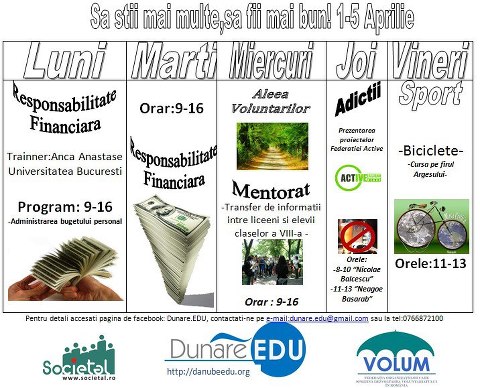The CLIMBIZ Challenge 2013 – Appply now!
 The Black Sea Climate and Business Initiative (CLIMBIZ) is a regional partnership for action on sustainable development, initiated by the United Nations Development Programme (UNDP) and the Black Sea Economic Cooperation Organization (BSEC), funded by the Austrian Development Cooperation and BSEC. CLIMBIZ supports BSEC to mainstream climate change and green economy, and to facilitate a green and inclusive marketplace in the Black Sea region. Please find the website link here: www.climbiz.org
The Black Sea Climate and Business Initiative (CLIMBIZ) is a regional partnership for action on sustainable development, initiated by the United Nations Development Programme (UNDP) and the Black Sea Economic Cooperation Organization (BSEC), funded by the Austrian Development Cooperation and BSEC. CLIMBIZ supports BSEC to mainstream climate change and green economy, and to facilitate a green and inclusive marketplace in the Black Sea region. Please find the website link here: www.climbiz.orgAs part of the CLIMBIZ Initiative, a Scaling Challenge for Social and Environmental Enterprises was launched. The CLIMBIZ Challenge – implemented in partnership with the UNEP, UNDP and IUCN founded SEED Initiative – supports innovative small-scale and locally driven enterprises in the Black Sea region which integrate social and environmental benefits into their business model. The goal of the Challenge is to identify outstanding social and environmental entrepreneurs with proven solutions that combine environmental protection with inclusion/poverty reduction, and to support them to scale and replicate their activities across the Black Sea region.
For details on the Scaling Challenge visit the CIMBIZ website by clicking here
Deadline for Application is the 5th of April 2013.
Eligible countries are: Albania, Georgia, Russia, Armenia, Greece, Serbia, Azerbaijan, Moldova, Turkey, Bulgaria, Romania and Ukraine.
Participating ventures can have a non-for-profit, hybrid or for-profit business model.

